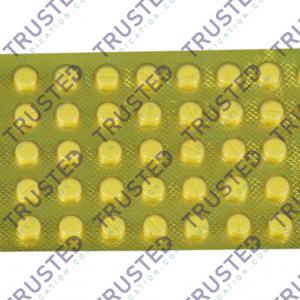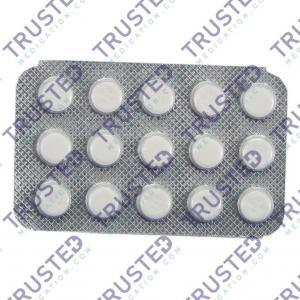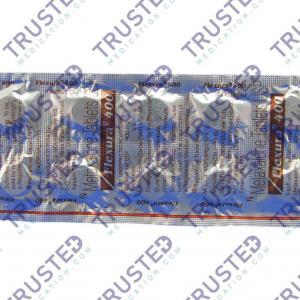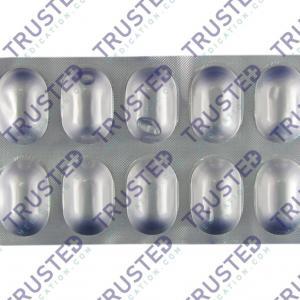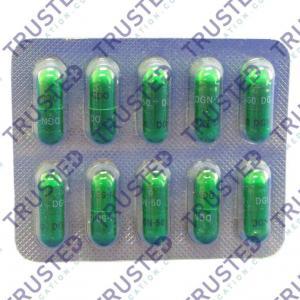
Stress can influence all systems of the body, including respiratory, cardiovascular, endocrine, and more. The nervous system is particularly responsive to this as it is the system that works to regulate each of the unconscious bodily functions such as heart rate, urination, and respiratory rate.
Can Stress and Anxiety Cause Heart Problems?

It is a normal part of life. It can come from physical causes like not getting enough sleep or having an illness. Another cause of this can be emotional. It can also come from less dramatic causes, like everyday obligations and pressures that make you feel that you’re not in control.
The response of your body to it is supposed to protect you. But, if it’s constant, it can harm you. The hormone cortisol is released in response to it. Studies show that high levels of cortisol from long-term stress can increase blood cholesterol, triglycerides, blood sugar, and blood pressure. These are common risk factors for heart disease. This can also cause changes that promote the build-up of plaque deposits in the arteries.
Even minor stress can trigger heart problems like poor blood flow to the heart muscle. Long-term stress can affect how the blood clots. This makes the blood stickier and increases the risk of stroke.
Common responses to it include:
- Decreased energy and sleep
- Aches and pains
- Feelings of anxiety, anger, and depression
- Forgetfulness
- Impatience
How Can Stress Affect The Nervous System?
The nervous system has several divisions:
- The central division involving the brain and spinal cord
- The peripheral division consists of the autonomic and somatic nervous systems
Stress directly affects the autonomic nervous system, which is divided into sympathetic and parasympathetic parts. The fight-or-flight response is triggered by the SNS when the body is stressed. During a life-threatening situation, or when fleeing from an enemy, the body shifts its energy resources.
The SNS signals the adrenal glands to release hormones called adrenalin and cortisol. During an emergency, hormones, in combination with direct actions of autonomic nerves, cause the heart to beat faster, respiration to increase, blood vessels to dilate in the arms and legs, digestion to change, and glucose levels in the bloodstream to rise.
During an emergency or acute stress, the SNS response is fairly sudden. Once the crisis is over, the body usually returns to the pre-emergency, unstressed state. This recovery is facilitated by the PNS, which generally has opposing effects to the SNS.
A powerful interaction exists between the SNS and the PNS with the immune system, which can also modulate stress reactions. Central nervous systems are particularly important in triggering stress responses since they control autonomic nervous systems and interpret contexts as potentially threatening.
Experiencing chronic stress for a prolonged period can drain the body’s resources. As the autonomic nervous system continues to trigger physical reactions, the body wears and tears. Chronic stress affects not just the nervous system, but also other bodily systems because of the continuous activation of the nervous system.
How To Prevent Panic Attacks?
Try these when you’re feeling anxious or stressed:
- Take deep breaths. Inhale and exhale slowly.
- Welcome humor. A good laugh goes a long way.
- Limit alcohol and caffeine. These can aggravate anxiety and trigger panic attacks.
- Take a time-out. Practice yoga, listen to music, meditate, get a massage, or learn relaxation techniques. Stepping back from the problem helps clear your head.
- Eat well-balanced meals. Do not skip any meals. Do keep healthful, energy-boosting snacks on hand.
- Get enough sleep. When stressed, your body needs additional sleep and rest.
- Exercise daily to help you feel good and maintain your health. Check out the fitness tips below.
- Do your best. Instead of aiming for perfection, which isn’t possible, be proud of however close you get.
- Count to 10 slowly. Repeat, and count to 20 if needed.
- Maintain a positive attitude. Make an effort to replace negative thoughts with positive ones.
- Get involved. Volunteer or find another way to be active in your community, which creates a support network and gives you a break from everyday stress.
- Talk to someone. Tell friends and family you’re feeling overwhelmed and let them know how they can help you. Talk to a physician or therapist for professional help.
Recommended medication for managing it:
- Carvedilol – this is an effective beta-blocker that relaxes the blood vessels as it slows down the heart rate to improve the flow of blood.


